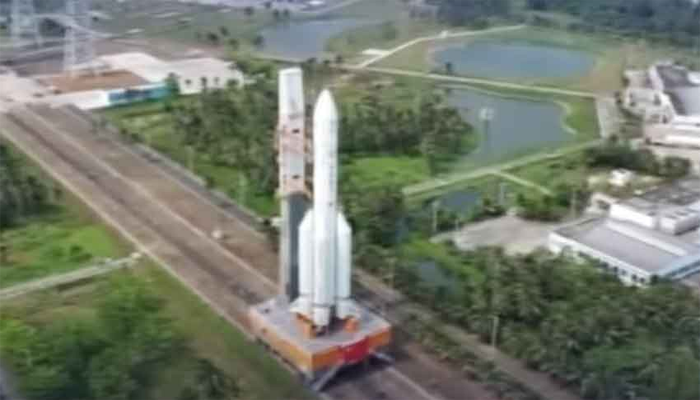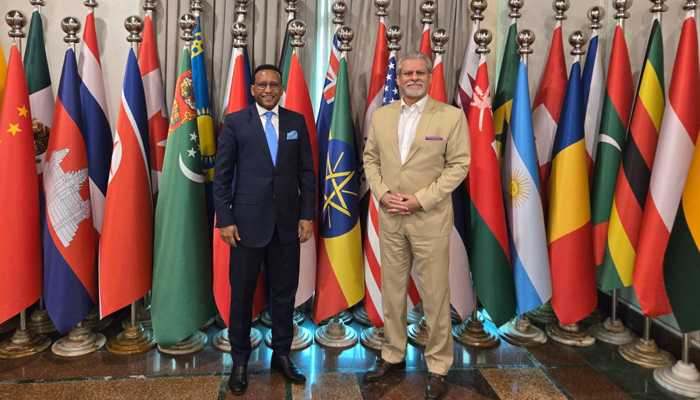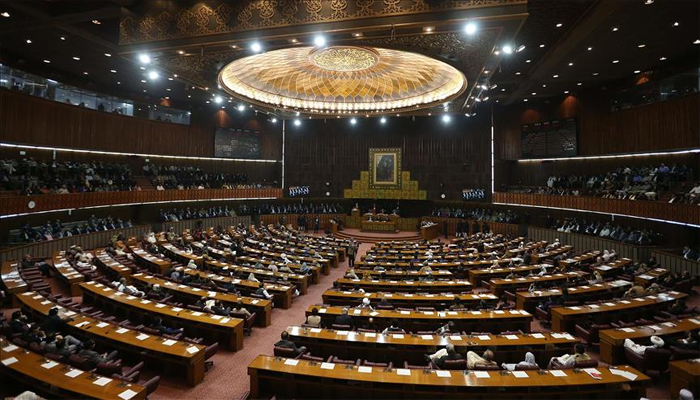In a landmark achievement for Pakistan, the nation's inaugural satellite mission to the moon, iCube Qamar, has been successfully launched into space today. Carried by China's Long March-5 rocket, the satellite embarked on its journey aboard the Chang'E6 spacecraft from the Wenchang Space Launch Site in China's Hainan province.
The launch event was broadcasted live on the IST website and Chinese state television. Prime Minister Shehbaz Sharif hailed the momentous occasion, extending congratulations to the nation and the scientists involved in the launch of Pakistan's first lunar orbit mission. He emphasized that iCube-Q satellite marks Pakistan's initial venture into space, echoing the nation's prowess in fields such as nuclear technology.
Acknowledging the collaborative effort, Deputy Prime Minister and Foreign Minister Ishaq Dar commended the cooperation between nations and organizations for the advancement of space exploration.

Dr. Khurram Khurshid, a member of the Core Committee at the Institute of Space Technology (IST), disclosed that Pakistan's satellite mission is set to reach lunar orbit within five days and will orbit the moon for three to six months. The satellite, developed in partnership with China's Shanghai University and Pakistan's national space agency SUPARCO, is equipped with two optical cameras to capture images of the lunar surface for research purposes.
iCube-Q's integration with China's Chang’e6 mission is a significant step, as it will accompany the mission in collecting samples from the moon's far side for further study upon return to Earth.
This achievement underscores Pakistan's commitment to space exploration and scientific advancement, showcasing the collaborative efforts of its scientists, engineers, and researchers.







